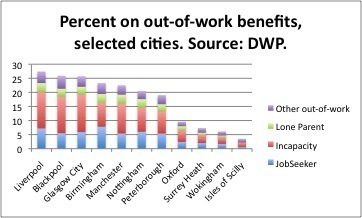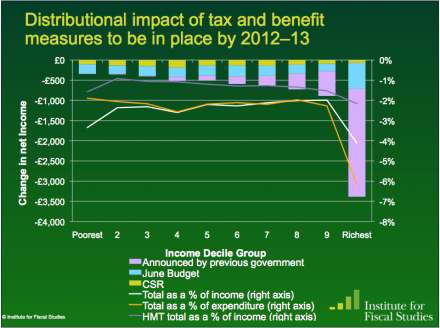The new welfare consensus
The New Statesman’s George Eaton has already homed in on the key passage from James Purnell’s article in the Times (£) today, but it’s worth repeating here. According to the former welfare minister, he pitched something like Iain Duncan Smith’s Universal Credit to Gordon Brown, and the reception it received catalysed his departure from government: “Before I resigned from the Cabinet, I proposed a similar plan to Mr Brown. But he was scared that there would be losers, and his refusal to give me any answer made me think that there was no point in staying inside the Government to try to influence him.” This is of more than simple




















